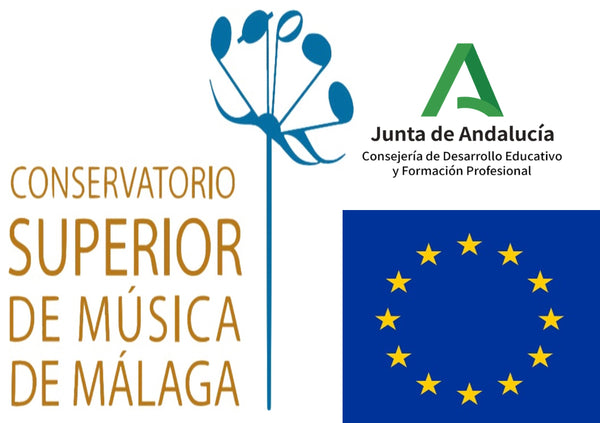ENLACES ERASMUS
SEPIE:
La Agencia Nacional española que gestiona el programa Erasmus + en nuestro país en todas sus acciones tiene como siglas SEPIE que significa Servicio Español para la Internacionalización de la Educación.
En esta página podrás encontrar toda la información necesaria en relación a este programa de movilidad: http://www.sepie.es/educacion-superior/index.html
ESN:
Erasmus Student Network (ESN) is a non-profit international student organisation. Our mission is to represent international students, thus provide opportunities for cultural understanding and self-development under the principle of Students Helping Students.
EURYDICE:
The Eurydice Network provides information on and analyses of European education systems and policies. As from 2013 it consists o 40 national units countries participating in the EU's Lifelong Learning programme (EU Member States, the former Yugoslav Republic of Macedonia, Iceland, Montenegro, Serbia, Turkey, Liechtenstein, Norway and Switzerland). It is co-ordinated and managed by the EU Education, Audiovisual and Culture Executive Agency in Brussels, which drafts its studies and provides a range of online resources. View the latest Eurydice reports by type (Eurypedia, Thematic Reports, Facts and Figures, Key data) or see the full list of publications.
EACEA:
The Education, Audiovisual and Culture Executive Agency (EACEA) is responsible for the management of certain parts of the EU's programmes in the fields of education, culture and audiovisual.
ERASMUS WORLD:
Portal para alumnos ERASMUS futuros y anteriores
EUROPASS:
Cinco documentos que le ayudan a presentar sus capacidades y cualificaciones de manera sencilla y fácilmente comprensible en toda Europa.
PLOTEUS:
PLOTEUS aims to help students, job seekers, workers, parents, guidance counsellors and teachers to find out information about studying in Europe. On this portal you will find information on learning opportunities and training possibilities available throughout the European Union. The website contains links to web sites of universities and higher education institutions, databases of schools and vocational training and adult education courses.
PORTAL EUROPEO DE JUVENTUD:
Información y oportunidades para los jóvenes en Europa.
STUDY IN EUROPE:
There are more than four thousand higher education institutions in Europe, from top-level research establishments to small, teaching-focused colleges. Europe itself is no less diverse, extending from the Arctic Circle to the coast of Africa. Study in Europe provides up-to-date information on thirty-two European countries, their universities and what it takes to live and study in them.
TU EUROPA:
Ayuda y asesoramiento para los ciudadanos de la UE y sus familias.
EURODESK:
The main provider of information on European policies and opportunities for young people and those who work with them.
IRIS:
IRIS is a service for future and existing European exchange students, and an administrative tool for international coordinators and the European Commission.
PHILOX:
Use Philox to make friends with students from Europe. Meet students for fun or to find the best information about studying abroad.
PRIME:
PRIME, Problems of Recognition In Making Erasmus is a research project. It is supported by the European Commission under an Erasmus Accompanying Measures grant within the Lifelong Learning Programme. It is a complex qualitative and quantitative study which aims at pointing out the examples of existing obstacles to student mobility and providing suggestions for improvements in order to facilitate student exchange in Europe.
AEC:
The Association Européenne des Conservatoires, Académies de Musique et Musikhochschulen (AEC) is a European cultural and educational network, which was established in 1953 (see AEC History). It represents the interests of institutions that are concerned with training for the music profession.
